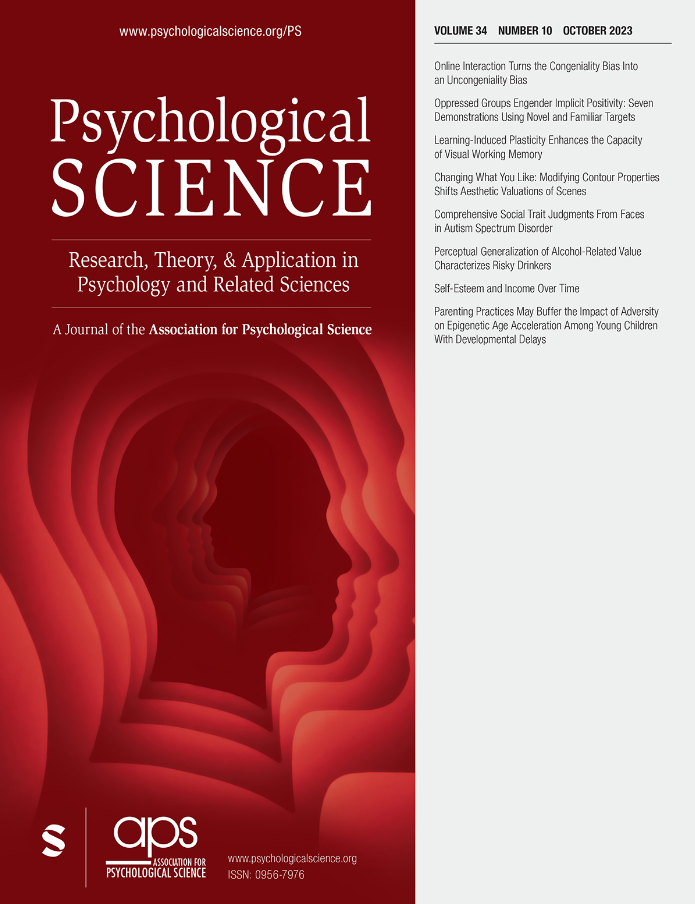
Online Interaction Turns the Congeniality Bias Into an Uncongeniality Bias
Online phenomena like echo chambers and polarization are believed to be driven by humans’ penchant to selectively expose themselves to attitudinally congenial content. However, if like-minded content were the only predictor of online behavior, heated debate and flaming on the Internet would hardly occur. Research has overlooked how online behavior changes when people are given an opportunity to reply to dissenters. Three experiments (total N = 320; convenience student samples from Germany) and an internal meta-analysis show that in a discussion-forum setting where participants can reply to earlier comments larger cognitive conflict between participant attitude and comment attitude predicts higher likelihood to respond (uncongeniality bias). When the discussion climate was friendly (vs. oppositional) to the views of participants, the uncongeniality bias was more pronounced and was also associated with attitude polarization. These results suggest that belief polarization on social media may not only be driven by congeniality but also by conflict.




